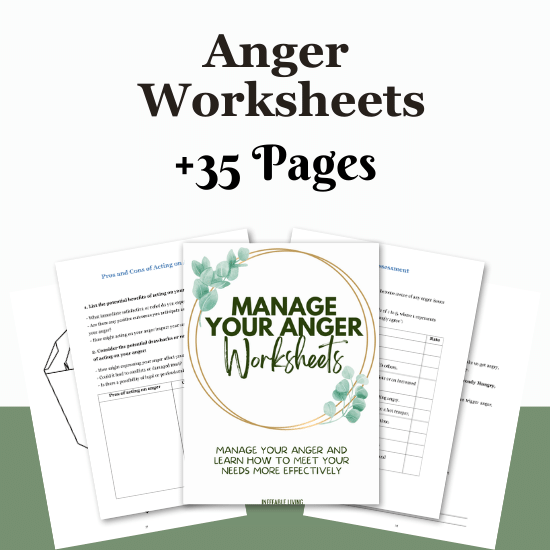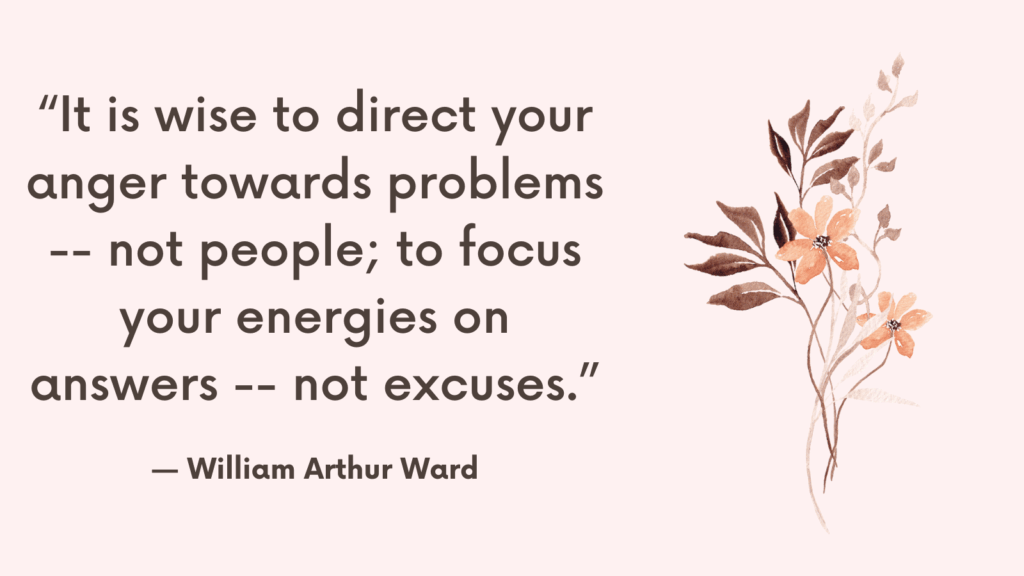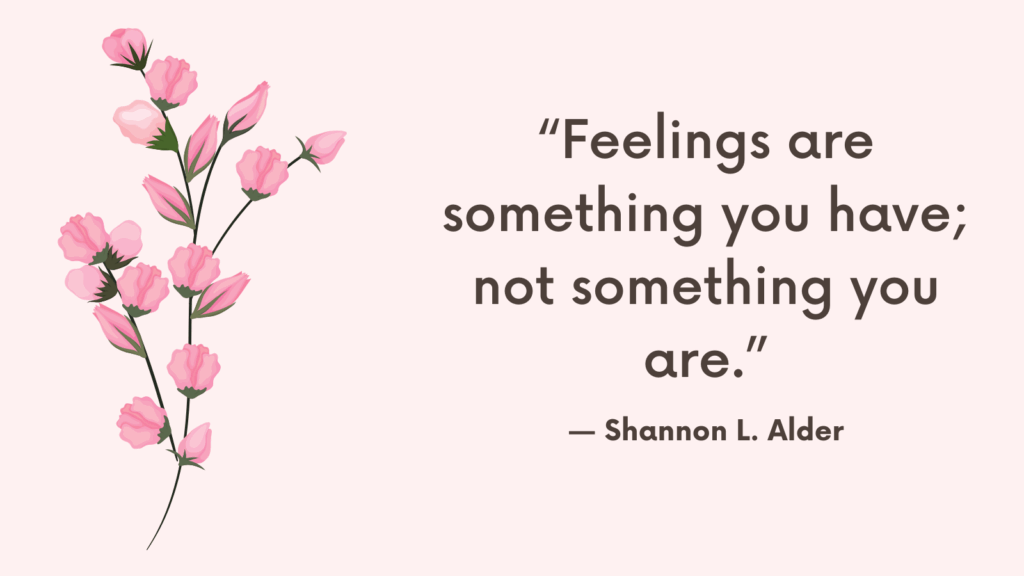An angry outburst can damage relationships, create regret, and leave lasting emotional scars — but a sincere and well-delivered apology can begin to repair the harm. Apologizing after losing control shows maturity, accountability, and a commitment to growth. Here’s how to do it in a way that heals rather than reopens wounds.
What Are the Common Triggers for Anger?
Anger doesn’t arise out of nowhere — it is often triggered by specific events, patterns, or emotional wounds. Recognizing your personal triggers is the first step toward managing your anger in a healthy and constructive way. While everyone has unique experiences, many anger triggers are widely shared and rooted in unmet needs, perceived threats, or unresolved pain.
1. Feeling Disrespected
Being ignored, interrupted, talked down to, or dismissed can quickly trigger anger. It strikes at your sense of worth and often brings up deep feelings of not being valued.
2. Injustice or Unfair Treatment
Witnessing or experiencing unfairness — whether in relationships, the workplace, or society — can provoke intense anger. This includes being blamed unfairly or treated unequally.
3. Feeling Powerless or Trapped
Situations where you feel stuck, unheard, or out of control often lead to frustration and explosive reactions. Lack of choices or autonomy can trigger rage rooted in helplessness.
Related: Beyond Just Anger: How to Manage Intermittent Explosive Disorder?
4. Being Criticized or Judged
Even constructive feedback can trigger anger if it’s delivered harshly or if you already struggle with self-esteem. Feeling attacked or misunderstood can escalate emotional reactions.
5. Violated Boundaries
When someone crosses your personal, emotional, or physical boundaries — whether knowingly or not — it can cause immediate anger as a form of self-protection.
6. Past Trauma or Unresolved Pain
Old wounds that haven’t fully healed often get activated by present situations. A comment, tone of voice, or event may resemble past harm and trigger an angry reaction tied to older pain.
7. Rejection or Abandonment
Feeling excluded, ignored, or abandoned — even in small ways — can trigger anger, especially for those with past experiences of emotional neglect or loss.
Related: How to Master the Pause Before Reacting?
8. Chronic Stress or Overwhelm
When you’re constantly stressed, tired, or emotionally drained, even minor irritations can trigger outsized anger. Emotional bandwidth shrinks, and tolerance drops.
9. Perceived Disloyalty or Betrayal
Betrayal by someone you trust — whether in friendship, family, or love — cuts deep. The sense of being deceived or let down can trigger intense and lasting anger.
10. Unmet Expectations
Expecting a certain outcome, behavior, or level of respect — and not receiving it — can lead to disappointment that quickly morphs into anger, especially when you feel let down.
Related: Frustration Intolerance: Understanding It and Building Patience
How to Apologize After an Angry Outburst?
1. Calm Down First
Before apologizing, make sure your emotions have settled. Trying to apologize while you’re still angry or defensive can lead to more hurt. Give yourself time to reflect and return to a calm state so your apology is grounded and sincere.
2. Take Full Responsibility
Own your actions without excuses or deflection. Avoid phrases like “I’m sorry you feel that way” or “I didn’t mean it.” Instead, say:
- “I was wrong to speak to you like that.”
- “I lost control, and I take full responsibility for how I acted.”
3. Be Specific About What You’re Apologizing For
Acknowledge exactly what you did or said during the outburst. Specificity shows that you understand the impact and are not just apologizing to move on. Example:
- “I yelled and slammed the door, and that was hurtful.”
- “I used words I never should have, and I know they caused pain.”
4. Acknowledge the Impact
Let the other person know you understand how your actions affected them. Show empathy:
- “I know my words scared you and made you feel disrespected.”
- “You didn’t deserve to be treated that way.”
Related: Top 14 CBT Exercise For Anger Management (+FREE Anger Worksheets)
5. Don’t Shift the Blame
Even if you felt provoked or triggered, resist the urge to justify your behavior. Focus on your part only. True accountability means not using the other person’s actions as an excuse.
6. Express Regret and Remorse
Genuinely express that you are sorry for the harm caused — not just because of the consequences, but because you value the person and the relationship.
7. Share What You’re Doing to Improve
Let them know what steps you’re taking to manage your anger better. This could include therapy, mindfulness practices, or better communication habits. It shows your apology is backed by action.
8. Give Them Space If Needed
The person may need time to heal or rebuild trust. Don’t pressure them to forgive you immediately. Respect their process and show consistency through your future behavior.
9. Follow Through With Changed Behavior
A meaningful apology is only the beginning. The real healing comes from showing — through your actions — that you’re committed to change. Stay accountable and work on regulating your emotions going forward.
10. Forgive Yourself Too
After taking responsibility and making amends, release the guilt. Forgiveness includes recognizing your mistake, learning from it, and committing to do better without self-punishment.
Related: Assertive Anger: What It Is & How to Practice It

Conclusion
An apology after an angry outburst isn’t just about saying “I’m sorry.” It’s about restoring trust, showing growth, and creating a safer emotional space for everyone involved. When done with humility and sincerity, it becomes a powerful step toward deeper connection and healing.



